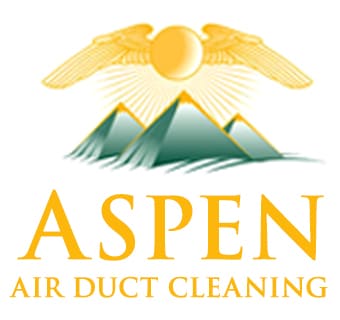Mold Removal and Home Insurance: What You Need To Know
When it comes to protecting your home and investment, homeowners insurance plays a crucial role in providing coverage for various types of damages. One such concern that homeowners may encounter is mold damage. Mold can be a persistent and harmful issue, leading to property damage and potential health risks. In this comprehensive guide, we will explore everything you need to know about homeowners insurance coverage for mold damage, ensuring you are well-informed and adequately protected.

Understanding Mold Damage and Its Impact
Mold is a type of fungus that thrives in moist and humid environments, making homes susceptible to infestations, especially in areas with water leaks or inadequate ventilation. Mold can grow rapidly, spreading across walls, ceilings, floors, and even within hidden spaces like crawl spaces and attics. Apart from its unsightly appearance, mold can pose health risks, particularly for individuals with allergies, asthma, or respiratory conditions.
Does Homeowners Insurance Cover Mold Damage?
The coverage for mold damage in homeowners insurance can vary depending on the policy and the specific circumstances. While some insurance policies may provide coverage for mold damage, others may have limitations or exclusions. Let's delve into the different scenarios where mold damage may or may not be covered by homeowners insurance:
Sudden and Accidental Water Damage: In most cases, if mold damage results from a sudden and accidental water event, such as a burst pipe or a sudden roof leak caused by a storm, it may be covered by your homeowner's insurance. However, it's essential to report such incidents promptly to your insurance provider and take necessary actions to mitigate the damage.
Gradual or Long-Term Water Leakage: On the other hand, homeowners insurance typically does not cover mold damage that arises from long-term water leakage or seepage. Insurance companies consider mold resulting from neglect or lack of maintenance as a preventable issue and, therefore, exclude coverage in such instances.
Flood Damage: Standard homeowners insurance policies generally do not include coverage for damage caused by floods. If mold growth is a result of a flood, you may need a separate flood insurance policy to be covered adequately.
Additional Endorsements: Some insurance providers offer endorsements or add-ons that allow homeowners to extend coverage for specific situations, such as mold damage. It's crucial to discuss these options with your insurance agent to ensure you have adequate protection.

Preventative Measures to Minimize Mold Damage
Preventing mold growth is key to maintaining a safe and healthy home environment. Here are some effective measures you can take to minimize the risk of mold damage:
Regular Inspections: Conduct routine inspections of your home, checking for any signs of leaks or water damage. Address any issues promptly to prevent mold growth.
Proper Ventilation: Ensure proper ventilation in high-moisture areas, such as bathrooms, kitchens, and laundry rooms. Consider using exhaust fans to reduce humidity levels.
Moisture Control: Use dehumidifiers in damp areas and maintain indoor humidity levels below 50%. Fix any leaks in pipes, roofs, or windows immediately.
Prompt Repairs: Address any structural issues or damage to the roof, windows, or walls as soon as they are detected.
Filing a Mold Damage Claim
If you encounter mold damage and believe it is covered under your homeowner's insurance, follow these steps when filing a claim:
- Document the Damage: Take photographs and videos of the mold-infested areas, capturing the extent of the damage. This documentation will help support your claim.
- Contact Your Insurance Provider: Notify your insurance provider about mold damage as soon as possible. Be prepared to provide details about the cause of the damage and the extent of the mold growth.
- Work with Professionals: Consult with mold remediation experts to assess the situation and provide a detailed estimate for the cleanup and restoration.
- Cooperate with the Insurance Adjuster: If an adjuster is assigned to your claim, cooperate fully during the assessment process, providing all necessary information and documentation.
- Review Your Policy: Familiarize yourself with the terms and conditions of your homeowner's insurance policy, including any endorsements that may apply to mold damage.
Mold damage can be a challenging issue for homeowners, and understanding your insurance coverage is crucial for adequate protection. While some mold damage scenarios may be covered, others may not, depending on the policy terms and the cause of the damage. To minimize the risk of mold growth, take preventative measures and promptly address any water-related issues in your home. In case of mold damage, follow the necessary steps to file a claim and work closely with your insurance provider to ensure a smooth and efficient resolution. Remember, being well-informed is the first step toward protecting your home from the potential hazards of mold damage.
Mold Removal Services In The Greater Boston Area
Don't let mold take control of your home. Reach out to our professional mold removal services now and experience a mold-free living space that you and your loved ones deserve. Call us now at (978) 681-5024 to schedule an appointment with Aspen Duct Cleaning.
